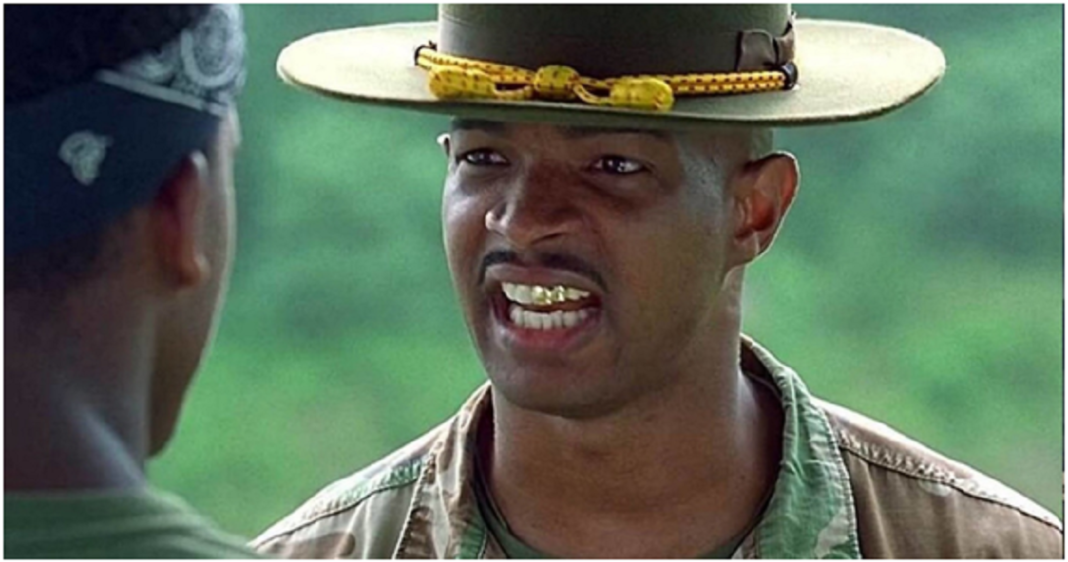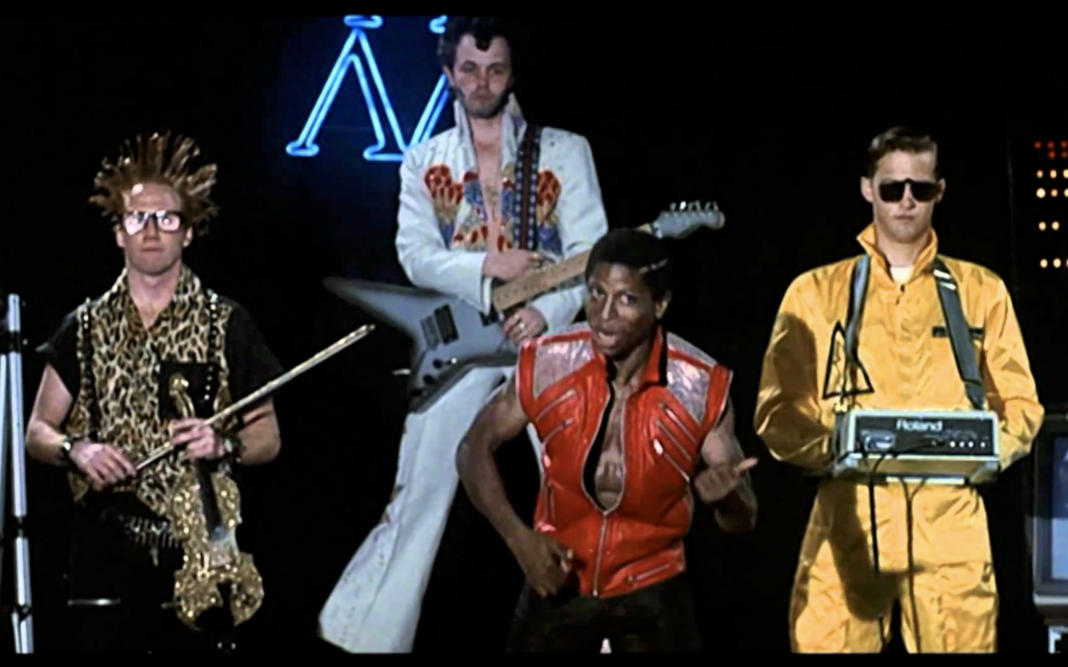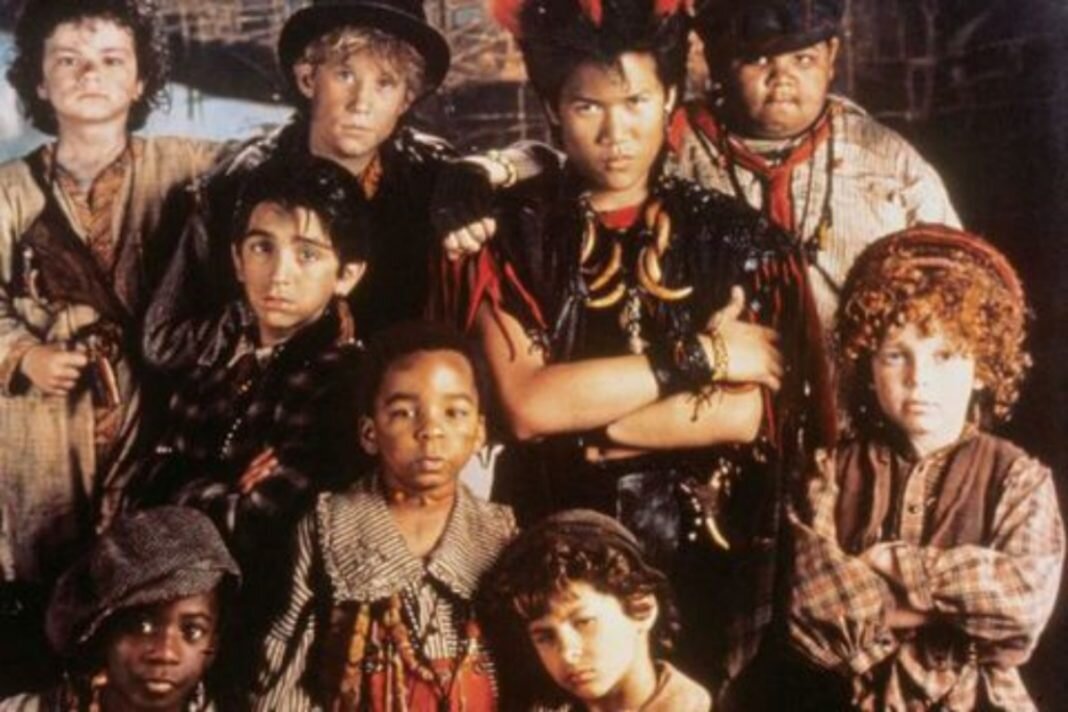
Truth in Movies


When it comes to military anything, there’s a problem in the entertainment industry. Well, actually, there’s a lot more than just one, but we’ll stick (for now) with something benign by comparison to exploitation and how everrrrrything must be politicized nowadays.The entertainment industry implements a number of tried-and-true tools to ensure commercial success. No big deal, right? Once we understand and can identify such tools as the narrative arc, point/counterpoint, B-story, etc., it isn’t shocking to see how all the military blockbusters contain themes like “against insurmountable odds’” . . . or fighting until all ammo is expended.The military, however, as a culture, is one—inside and out—that adheres to a strict sense of authenticity. Every one of its members, whether active or veteran, knows someone else in this vast patchwork who salivates and leers at the TV, ready to pounce on what’s wrong with an actor’s uniform. What ribbons are incorrect—“That stack is upside down!”—“That idiot just called a Marine a soldier.”The standard entertainment formula and what we can perhaps proudly capitalize as Military Authenticity; these two juggernauts are usually at odds with the other. Rarely does the realistic accounts of warfare, or even military life, come close to fitting the Hollywood mold.But there are movies out there that have simply been exempt from all the standard-issued scrutiny. One of the would-be easiest targets, but seemingly one of the most beloved is the ‘90s comedy Major Payne. Rife with discrepancies, this old gem just never came under the firing squad of the aforementioned. One reason is because the movie makes no mistake in its intentions: its comedy—laugh, chill out.However, I believe there is another reason. One that is a bit more nuanced, yet it’s something that the movie absolutely hit smack-dab in the bullseye. Seen the clearest on two occasions; when Alex Stone’s drunkard of a stepdad stumbles on scene, berates him, and then gets thoroughly put in place by a protective Damon Wayans. That and when Tiger gets a dad.It’s simple, many young people who join the military come from crummy backgrounds, their parents sometimes the centerpiece in this crumminess. If asked why they are joining while at MEPS, right before heading off to basic, “to find a role model” won’t likely be at the top of any lists. For God and Country. For duty, sir. But if a positive role model is found, whether it be one strong NCO in an otherwise terrible unit or the damn Secretary of Defense, a blossoming-effect can, and usually will, truly begin.Years ago a post went up in a private Facebook group. This was the type of page where you had to have someone vouch for you or send a snapshot of your DD214. Hundreds of gunslingers of the past and present were in there, and all were asked a rather boyish question, one whose wording hinted even of the Broesque; “Did you ever wake up to realize your father isn’t an Alpha Male?”What I’m sure sounds to some as a rather useless question, what followed ended up being a days-spanning thread that was as emotional and intricate as if grieving relatives were finally airing out the good and bad about a loved one who’d just left them forever. Turns out a lot of the heroes of the nine o’clock news had shitty dads—drunks, like Alex Stone—absents, like Tiger—or cowards and flinchers, all who raised sons who were quietly suppressing a growing sense of embarrassment and shame.It also turns out they found a sense of genuine male leadership once under a military banner.In a good unit, young bucks develop admiration for men who often are the same ones making their lives a living hell…and usually living in it with them. When I was leaving the Marine Corps there was a Rope who was a few shades darker than the rest (and not really digging it at first). Someone told him something that’s equally true during both war and peace, and is as true today as it was in the ancientness of 2006, that “family isn’t determined here by skin or by last names, but by the ones who you suffer with.”Family isn’t just about its siblings. The term “Brothers” is a bit exhausted as far as military talk goes these days. But “Fathers”—now that’s an unsung bolt in our collective quilt. Major Payne, An Officer and a Gentlemen—others, they happened to get it right.The deep motivation in our young lives to see such roles filled—and then, of course, the men who ended up occupying these crucial roles: worthy of remembrance.
Written By David Rose (AKA Mr. Blonde)
November 1, 2018









